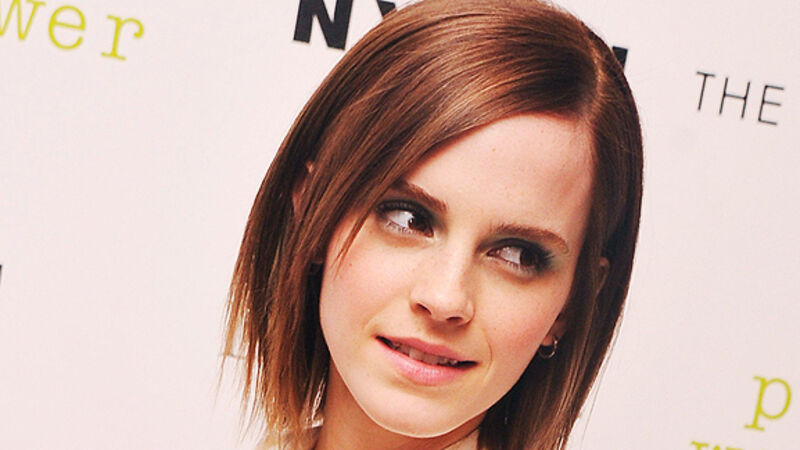International Women’s Day - A lot done but, as ever, a lot to do

In a country where nearly all of the senior positions in our justice and police systems are held by women, it is easy to forget that an Indian rapist awaiting his destiny on death row who suggested his victim, gang-raped and mutilated on a bus, might have survived if she had not fought back, that the gang of rapists might have been kinder to her had she been less hostile, represents the real, unequal, and dangerous world for millions of women.
That chilling misogyny was amplified when one of the defendants’ lawyers in the Delhi bus rape case declared: “If my daughter or sister engaged in pre-marital activities and disgraced herself and allowed herself to lose face and character by doing such things, I would most certainly take this sort of sister or daughter to my farmhouse and, in front of my entire family, I would put petrol on her and set her alight.”














